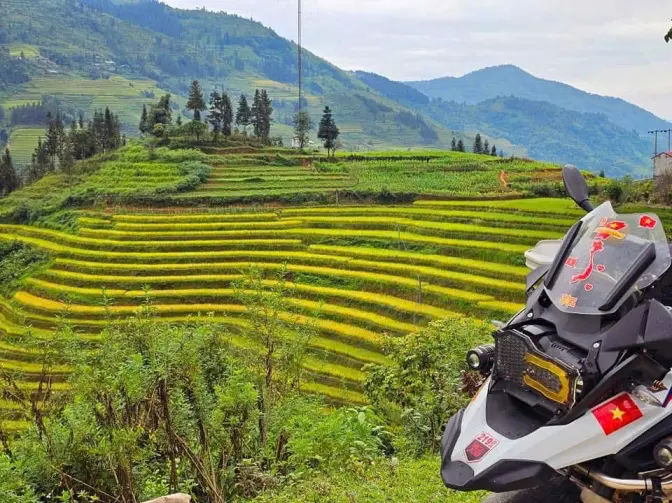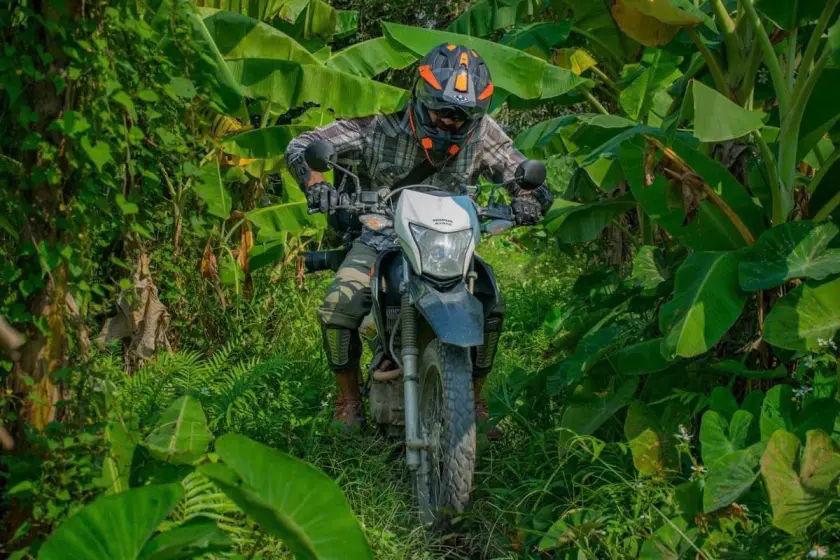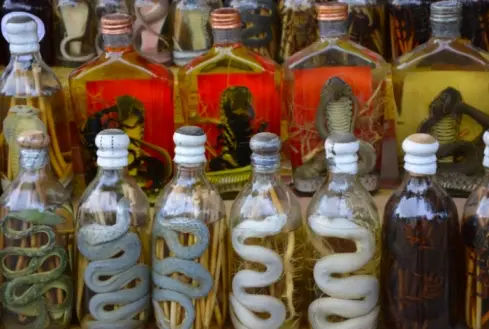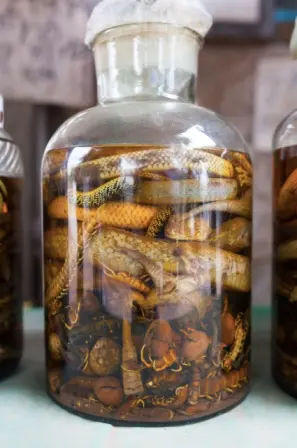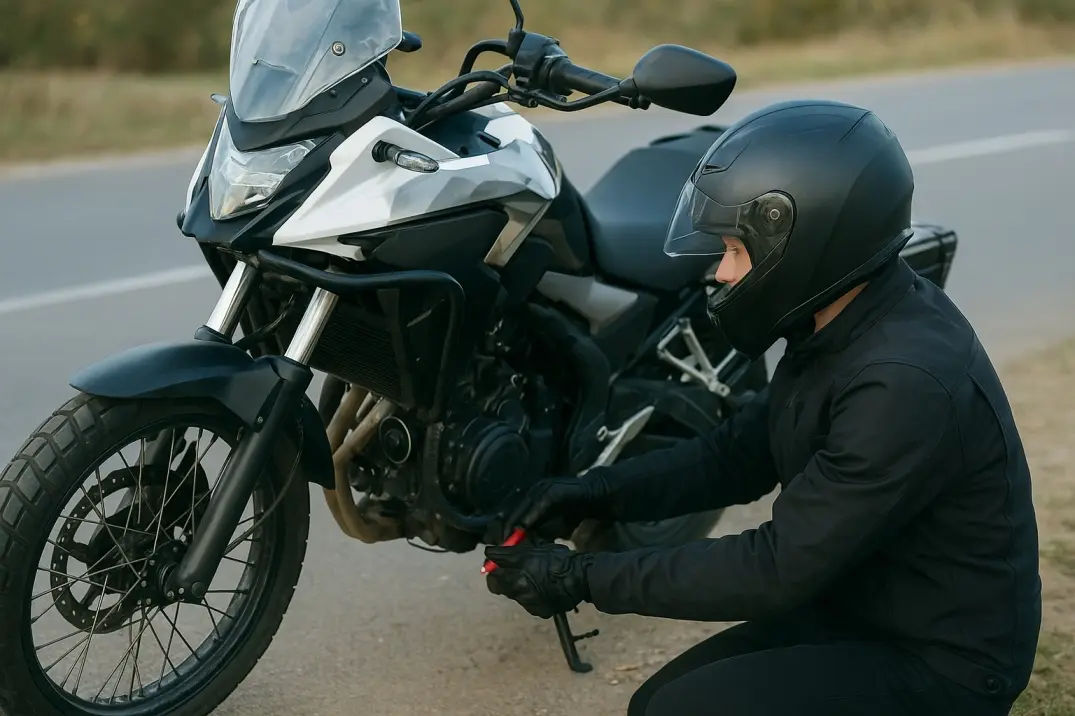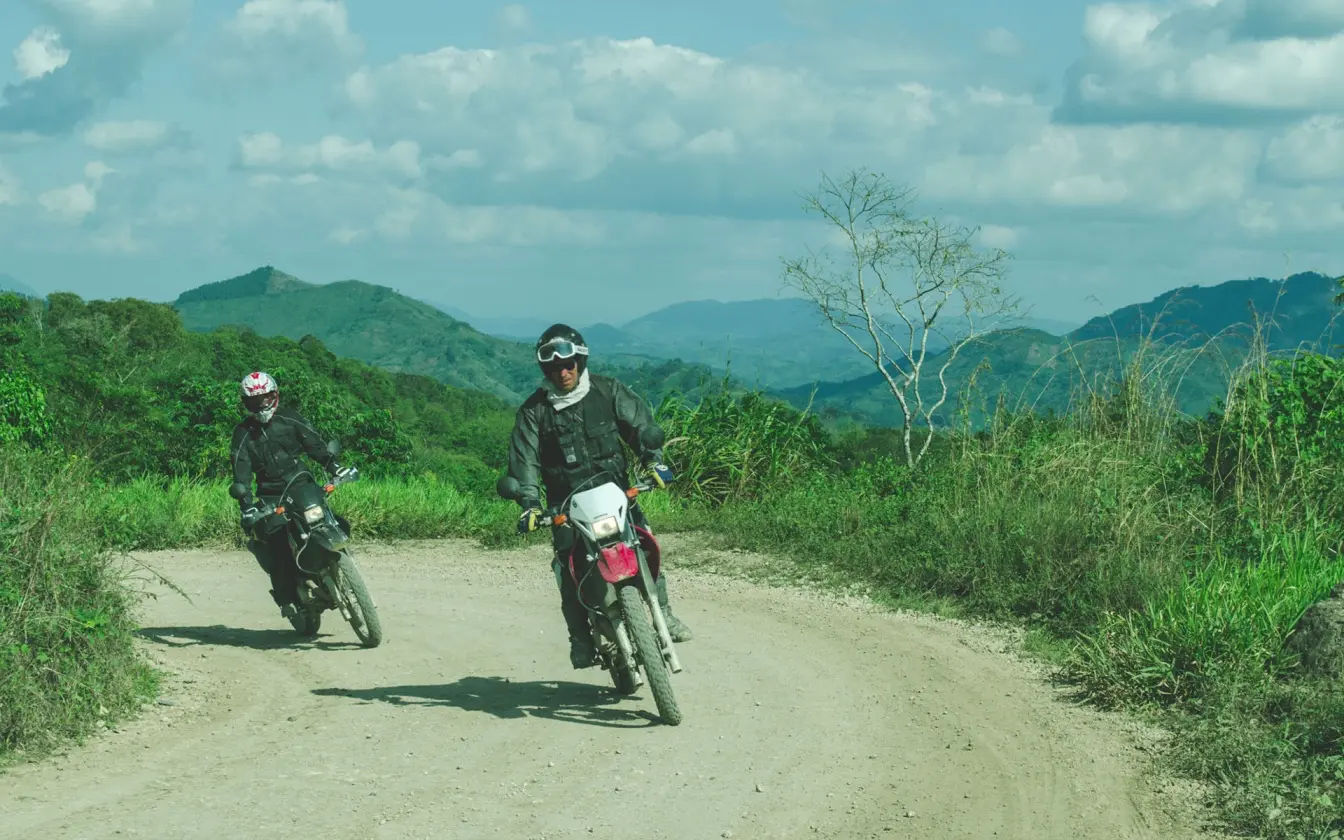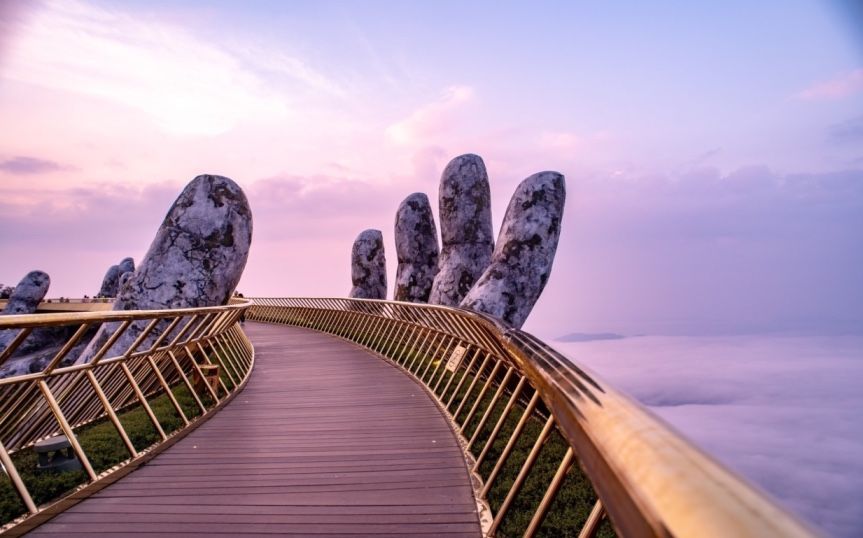
Would you dare to drink whisky with a whole snake inside? This isn’t a joke — it’s a real and eye-catching tradition in Vietnam. Whether tucked away in rural homes, lining market stalls, or found in edgy back-alley bars, glass jars filled with amber-colored liquor and coiled snakes grab attention fast. Welcome to the wild world of Vietnamese snake whisky!
A mix of cultural symbolism and ancient medicine, this bold beverage has become one of Vietnam’s most talked-about—and photographed—local drinks. In this post, let’s explore everything you need to know before you sip.
What Is Vietnamese Snake Whisky?
At its core, Vietnamese snake whisky (also known as snake wine) is a traditional rice-based liquor infused with a whole venomous snake. Often, the drink also includes herbs, spices, or other exotic creatures like scorpions or geckos. The alcohol content typically ranges from 30% to 50% ABV, depending on the ingredients and how long it has aged.
- Check out our motorbike tours in Vietnam
Different Types of Snake Wine in Vietnam
1. Whole Snake Whisky (Rượu rắn nguyên con)
This is the most visually striking version. A whole venomous snake—usually a cobra or viper—sits coiled in a glass jar of rice wine. Locals and tourists alike often buy it for display, but it’s still consumed for its supposed healing powers.
- Check out strange foods in Vietnam
2. Medicinal Snake Wine (Rượu thuốc rắn)
Rather than a full snake, this type contains snake parts like bones or skin, along with herbal infusions such as ginseng or goji berries. It’s considered more of a traditional health tonic than a visual spectacle.
3. Snake Blood Shot
In villages like Lệ Mật near Hanoi, some locals offer a daring shot of fresh snake blood mixed with rice wine. Though technically not whisky, it delivers a raw and bold experience that some believe boosts strength and vitality.
Exploring the Cultural Roots and Meaning
Vietnamese snake whisky traces its origins back to Đông y, or traditional Eastern medicine. Heavily influenced by Chinese medical philosophy, Vietnamese folk medicine has long used snakes for their perceived healing properties.
Historically, people have turned to snake-based liquors to treat conditions like arthritis, poor circulation, fatigue, and even sexual dysfunction. In rural areas, families still pass down recipes for snake wine as part of their cultural heritage. Meanwhile, in urban centers, it has evolved into a quirky souvenir, a bar dare, or a symbol of masculinity and hospitality.
How Locals Make Vietnamese Snake Whisky
Step-by-Step Overview
Choosing the Base
Makers start with high-proof rice wine or grain alcohol to ensure preservation.
Adding the Snake
They usually choose a venomous species—sometimes freshly killed, sometimes already preserved. Cobras are a popular choice, often posed in dramatic stances.
Infusing Herbs
Ginseng, cinnamon, goji berries, and honey are commonly added to enhance flavor and medicinal value.
Sealing and Aging
The jar gets sealed and left to age for months or even years, allowing the ingredients to infuse fully.
Ethical and Environmental Concerns after making the snake wine
Unfortunately, not all producers follow humane practices. Some use live snakes, which raises serious questions about animal cruelty. As demand increases, conservationists have also flagged concerns about endangered species and unsustainable sourcing.
Are There Any Real Health Benefits?
Scientifically, there’s little solid evidence supporting the medicinal claims of snake whisky. While herbs like ginseng and goji berries offer antioxidant benefits, soaking a venomous snake in alcohol doesn’t guarantee any real healing effect.
Even so, many locals believe in its ability to relieve pain, increase stamina, and enhance libido. For others, it’s more of a psychological boost—or just a wild conversation starter. Either way, remember: this is still strong alcohol, and improperly prepared versions may pose health risks.
Where to Buy Snake Whisky in Vietnam
If you’re adventurous enough to try it or take a bottle home, you’ll find snake whisky for sale across Vietnam. Some top spots include:
- Lệ Mật Snake Village (Hanoi) – the most famous destination for live snake experiences
- Floating markets in the Mekong Delta – where locals often sell homemade versions
- Specialty bars and gift shops in Ho Chi Minh City – catering to curious travelers
Price Guide
Expect to pay anywhere between 200,000 to 700,000 VND (about $8 to $30), depending on:
- Snake species
- Bottle size
- Whether it’s decorative or drinkable
Buying Tips
- Check for clarity in the liquid and proper sealing of the bottle.
- Buy from reputable vendors to avoid poorly made or unsafe versions.
- Be cautious of tourist-only products with little authenticity or safety control.
Should You Try Snake Whisky?
What Does It Taste Like?
Expect an earthy, herbal flavor, slightly bitter, with a burning alcohol aftertaste. Some say it’s invigorating; others call it unbearable.
Drinking Tips for First-Timers
- Sip slowly; don’t shoot it.
- Chill it or pair it with food to soften the burn.
- Avoid drinking it if you’re pregnant, have liver issues, or have a weakened immune system.
- Ask about ethical sourcing before buying.
Final Thoughts: A Bold Sip of Vietnamese Culture
It’s not every day that you’re handed a glass with a coiled snake inside. Whether you see it as a traditional remedy, a cultural novelty, or just a wild travel story waiting to happen, Vietnamese snake whisky is unforgettable.
Would you sip it—or skip it?
FAQ: Vietnamese snake whiskey
Is snake whisky safe to drink?
Yes, the same wine / whisky, when properly prepared. The alcohol neutralizes the snake’s venom. However, you should still consume it in moderation and avoid suspicious or poorly prepared bottles.
Can I bring snake wine home?
Yes. Many tourist do, however, that depends on your country’s import laws. Many places prohibit bringing alcohol that contains animal products, especially those from endangered species.
Does the venom remain active in the liquor?
In most cases, no. Ethanol breaks down venom proteins. But if the snake wasn’t correctly prepared, residual toxins may pose risks. Stick to trusted sources.
About the Author
Ms. Thu
A seasoned local travel specialist and long-time resident of Hanoi, Thu brings over 10 years of hands-on experience exploring her motherland. She combines deep cultural insight with practical travel know-how to help visitors uncover the authentic side of Vietnam.
Source and Citation Note
Ms. Thu has independently verified each detail and continues to update the information regularly to ensure accuracy and relevance for travelers.



